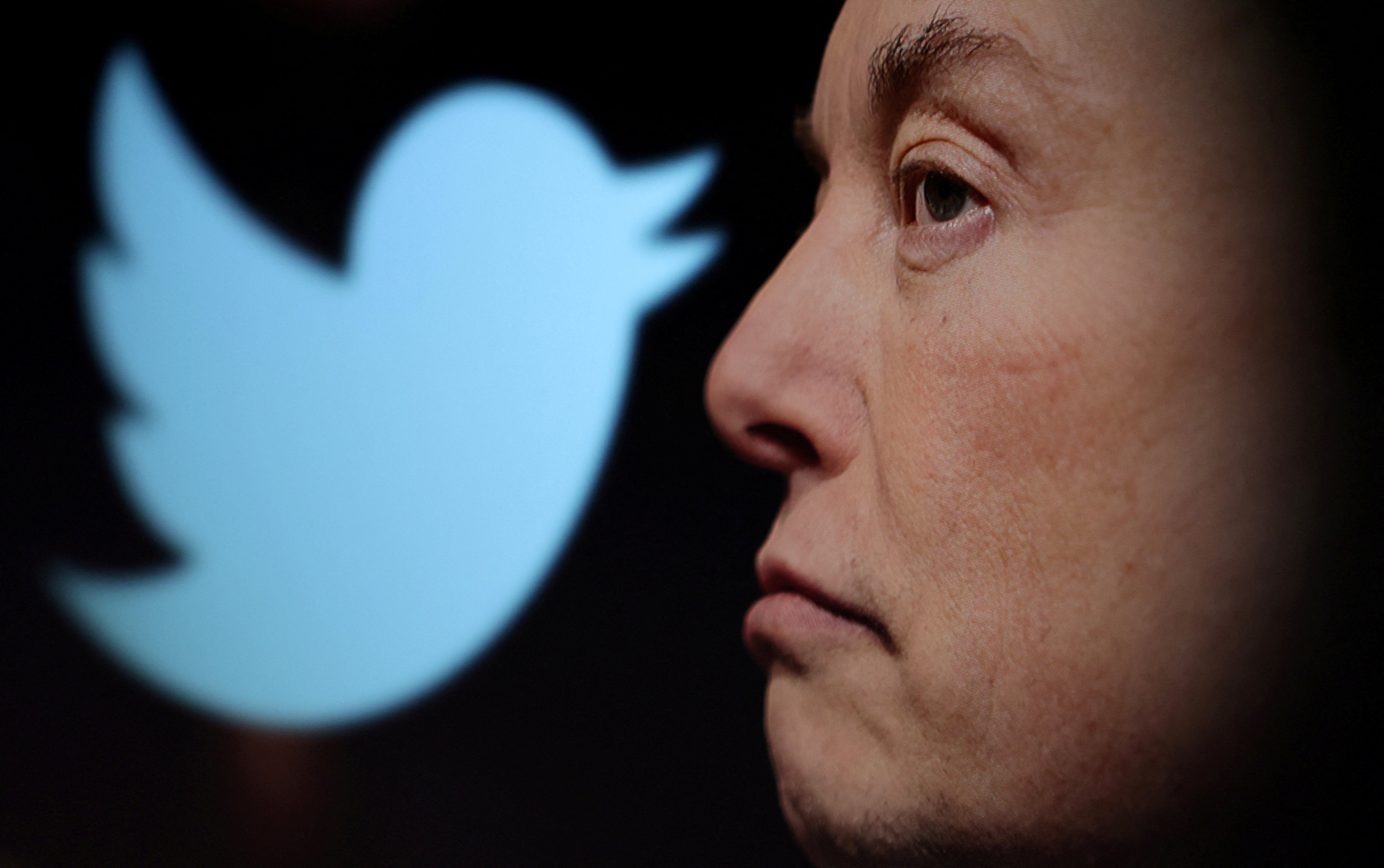From Musk to Meta, social media is now a bad investment
Last week was a particularly grim one for investors in high-tech enterprises, as the bear market in the sector took a further vicious downward twist, writes Hamish McRae


Maybe if you are the richest person in the world it doesn’t matter, and Elon Musk wasn’t in it for the money. But his purchase of Twitter may well turn out to be a seriously bad financial investment, a weak player in a sector that has peaked and may well be heading into structural decline.
The Twitter story is so well known that it is hardly worth repeating. Just note the $44bn he paid for the company, that’s $54.20 a share, compared with $45.10 a share on its first trading day in 2013. Allow for inflation and it is worth less now than it was then. True, if you managed to grab shares at the offer price of $26 a share, you would have done all right, but overall this has been a dreadful investment.
Last week was a particularly grim one for investors in high-tech enterprises, as the bear market in the sector took a further vicious downward twist. The biggest casualty was Facebook, now called Meta Platforms, where shares are trading just under $100, almost exactly where they were at the end of October 2015. Back in October last year, when the company made its ill-fated name change, they were over $325. Veteran investors know that a company changing its name is a classic sell signal.
But the rout is almost universal. Of the giants, Netflix shares are down 50 per cent so far this year, Amazon shares are down 39 per cent, Alphabet (parent of Google) down 33 per cent, Microsoft down 30 per cent, and even Apple are down 26 per cent. Those two companies that disrupted the hotel sector and taxi business, Airbnb and Uber, are down 32 per cent and 37 per cent this year. A lot of wealth has been wiped out.
The financial services industry has a genius, honed over at least 300 years, of telling stories: in particular, why people should invest in an enterprise, and how to create a rational valuation for any business, including those that will make losses for years to come. After a bloodbath such as we have had this year the story has changed. For the past five years, it was one of various manifestations of growth; now it is one of earnings and value.
So there are two elements to these new stories. One is to figure out which high-tech companies can make money in the business as it now stands; the other is to gauge which parts still have growth prospects, and which may die.
An oversimplified example may make this clearer. It is pretty evident that Apple can go on making money out of the stuff it does, both its products and its services, for many years to come. The balance will probably change and profits from services will rise and those from products may fall, but overall it is secure. Much the same applies to Microsoft and to Amazon.
Then it is simply what value you put on that likely flow of profits, vis-à-vis the flow from other giant corporations, with in the case of Amazon the obvious rival being Walmart. (Walmart is smaller, worth just under $400bn vs Amazon at more than $1trillion, but its shares have been steady this year, so the gap is narrowing.)
The other element is more brutal. We know that in 10 years’ time there will still be an Amazon and a Walmart, but will there be a Facebook… or a Twitter?
It might seem ridiculous to suggest that a company that has 2.934 billion monthly active users might not even exist in a decade’s time. Actually, I think Facebook’s total demise is unlikely. But if you look at the way technology changes, it could certainly become a residual platform, used by a declining number of people, rather in the way that landlines are barely used now in much of the developed world.
To keep up to speed with all the latest opinions and comment, sign up to our free weekly Voices Dispatches newsletter by clicking here
Twitter, I suggest, is even more vulnerable. There will be other ways to communicate that don’t even exist now, which will be more attractive and more secure. The people who will create these new channels are probably still at school.
Now think of this in investment terms. The value of shares in any company has to be underpinned by something. That something may simply be the willingness of other people to buy those shares, but that is dangerous territory. Usually it is the ability of the enterprise to make money and pay dividends. But if you say there is a danger that the basic product that a company provides, a social media platform, may not be wanted or needed in a decade, then the conventional valuation becomes impossible to calculate.
What I guess will happen is this: social media has reached its peak. The average amount of time people spend on social media is 2 hours 27 minutes a day. That is only a couple of minutes more than in 2019, so it has plateaued.
Once the decline becomes evident, the scramble for eye-time will become really nasty and the weaker platforms will wither away. Sorry, but that is the way the world works. For Elon Musk, Twitter is a vanity purchase.
Join our commenting forum
Join thought-provoking conversations, follow other Independent readers and see their replies
Comments